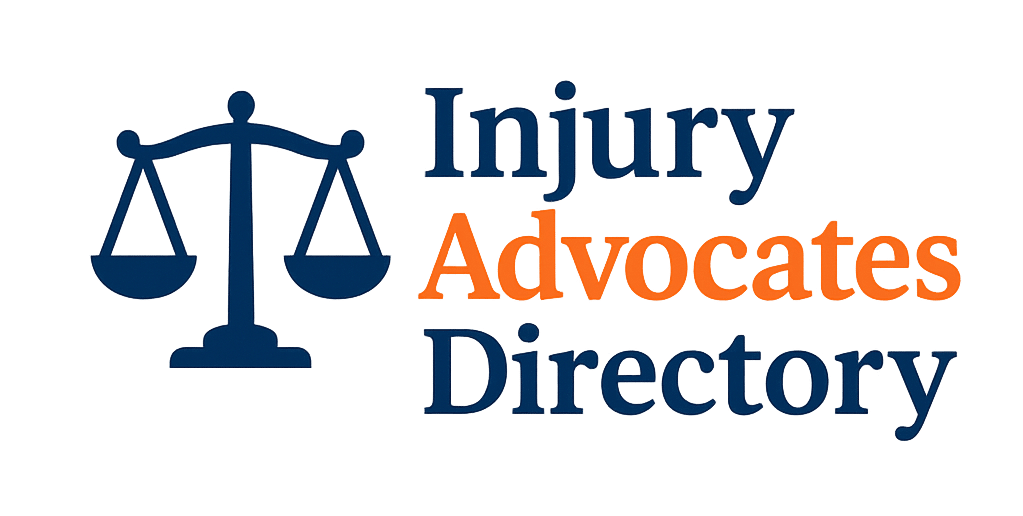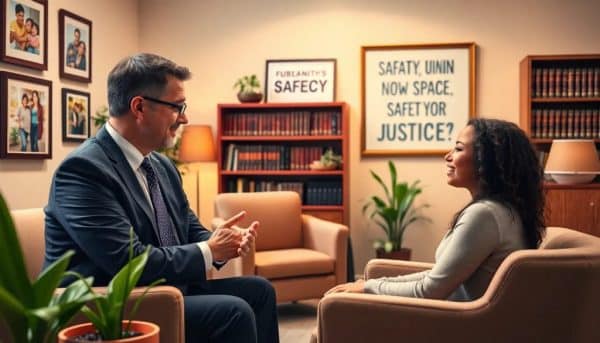Accidents can happen anywhere, but slip and fall accidents can lead to severe injuries, often resulting from negligence. Understanding the role of slip and fall attorneys in premises liability cases is crucial for victims seeking compensation.
This article will explore key aspects of slip and fall cases, including their causes, how to strengthen your claim, and what to expect during the legal process.
What is a slip and fall case?
A slip and fall case arises when an individual slips, trips, or falls on someone else's property due to unsafe conditions. These accidents can occur in various settings, such as stores, restaurants, parking lots, and private properties. The property owner's negligence often plays a significant role in these incidents.
To establish a successful slip and fall claim, the injured party must prove that the property owner failed to maintain a safe environment. This could involve showing that they knew about the hazardous condition and did nothing to rectify it.
Common situations that lead to slip and fall cases include:
- Wet or slippery floors without warning signs
- Potholes or uneven pavement
- Obstructed pathways
- Inadequate lighting in areas
How do slip and fall attorneys help you?
Slip and fall attorneys provide essential legal representation for victims of slip and fall accidents. They understand the complexities of premises liability law and can navigate the legal system on your behalf.
One of the primary roles of these attorneys is to gather evidence, such as photographs of the accident scene, witness testimonies, and medical records. This documentation is vital in establishing liability and proving negligence.
Additionally, slip and fall attorneys can:
- Negotiate with insurance companies to secure fair compensation.
- Advise clients on the legal process and what to expect.
- Represent clients in court if necessary.
What are the common causes of slip and fall accidents?
Understanding the common causes of slip and fall accidents can help prevent these incidents. Among the most frequent causes are:
- Wet or slippery floors: Spills or cleaning activities can create hazardous conditions.
- Icy pathways: In colder climates, ice can accumulate on walkways, leading to falls.
- Uneven surfaces: Cracks or shifts in pavement can pose significant risks.
- Inadequate lighting: Poorly lit areas can hide hazards and contribute to accidents.
- Debris or obstacles: Items left in walkways can lead to trips and falls.
What should you do after a slip and fall accident?
Taking the right steps after a slip and fall accident is crucial for your safety and potential legal claim. First, assess your injuries and seek medical attention if necessary. Your health should be the top priority.
Next, document the accident scene. Take pictures of the location, any hazardous conditions, and your injuries. This evidence will be invaluable for your attorney.
Additionally, consider the following steps:
- Report the accident to the property owner or manager.
- Gather witness information, if available.
- Avoid discussing the accident with insurance adjusters without your attorney.
How is liability determined in premises liability cases?
Determining liability in premises liability cases can be complex. It involves assessing whether the property owner acted negligently by failing to maintain a safe environment. Factors that courts consider include:
- Whether the property owner knew about the hazardous condition.
- The amount of time the hazard existed before the accident.
- Whether the property owner took reasonable steps to address the issue.
Additionally, Texas's comparative fault system may come into play, affecting the compensation amount based on the victim's potential responsibility for the accident.
What compensation can you expect from a slip and fall settlement?
The compensation from a slip and fall settlement can vary greatly depending on the circumstances of the case. Factors influencing the settlement amount include the severity of the injuries, medical expenses, lost wages, and pain and suffering.
Common types of compensation in slip and fall cases include:
- Medical bills and related expenses
- Lost wages due to inability to work
- Permanent disability damages
- Pain and suffering
Having an experienced attorney can significantly impact the compensation you receive, ensuring all aspects of your claim are considered.
How can you strengthen your slip and fall claim?
Strengthening your slip and fall claim is essential for achieving a favorable outcome. Here are some strategies to consider:
- Document everything: Keep detailed records of your injuries, medical treatments, and any expenses incurred.
- Gather witness statements: Their accounts can provide crucial support for your case.
- Consult with an attorney: Legal representation is vital in navigating the complexities of your claim.
Also, ensure that you abide by any deadlines for filing your claim, as missing these can jeopardize your chances of obtaining compensation.
Frequently Asked Questions about slip and fall cases
Questions related to slip and fall attorneys and premises liability
Are slip and fall cases hard to win?
Winning a slip and fall case can be challenging due to the burden of proof placed on the injured party. To succeed, you must demonstrate that the property owner was negligent and that their negligence directly caused your injuries. Gathering sufficient evidence and having a knowledgeable attorney can significantly improve your chances of winning.
What are some examples of successful premises liability cases?
Successful premises liability cases often involve clear evidence of negligence. For example, if a customer slips on a wet floor that lacked warning signs, the property owner may be held liable. Other cases might involve injuries caused by poorly maintained stairs or inadequate lighting in parking lots.
In many instances, settlements are reached before going to court, ensuring that victims receive compensation without the stress of a trial.
What is the average payout for a slip and fall?
The average payout for a slip and fall case varies widely, depending on factors such as the severity of injuries and the specifics of the case. Generally, settlements can range from a few thousand dollars to hundreds of thousands, based on medical expenses, lost wages, and pain and suffering.
How much can you get for a premises liability claim?
The amount you can receive for a premises liability claim largely depends on the specifics of your case. Factors influencing the settlement include the extent of your injuries, the impact on your daily life, and the evidence supporting your claim. Consulting with an attorney can help you gauge potential compensation based on your circumstances.


